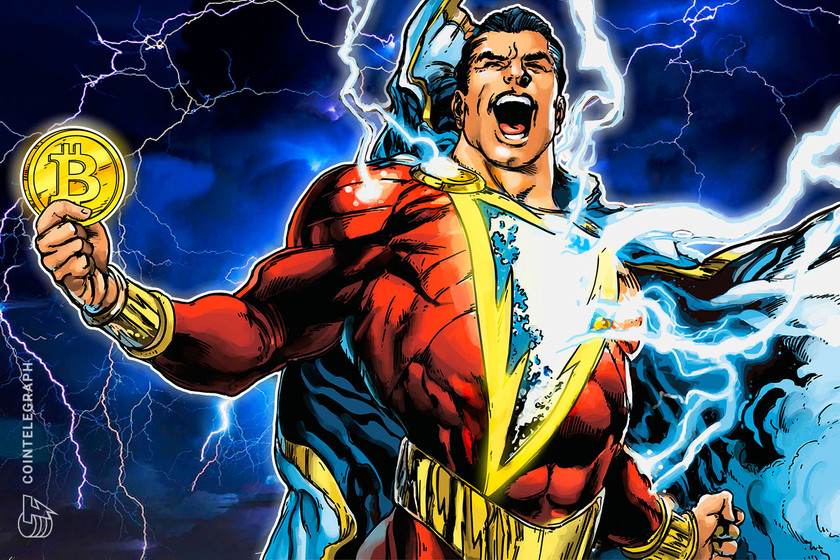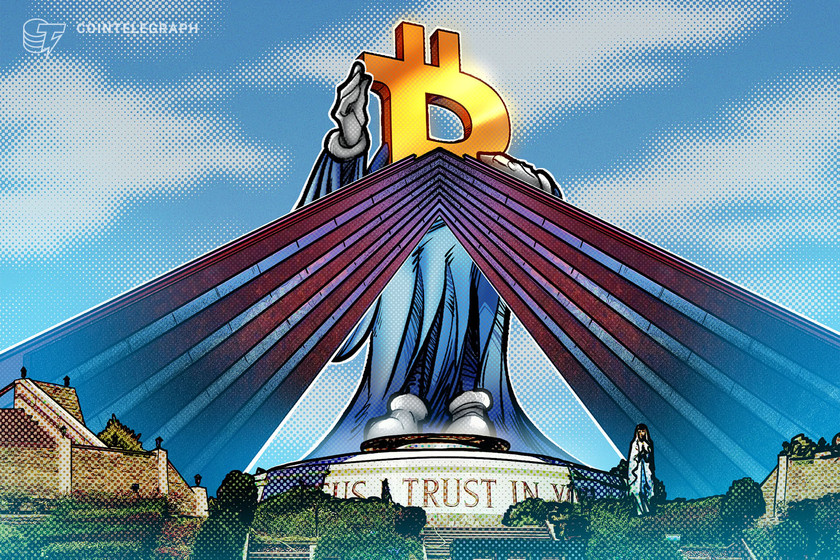Ukraine’s central bank sees both promises and threats in Bitcoin


The central bank of Ukraine sees crypto as a threat to macro-financial stability and a promising opportunity for better payments at the same time.
The National Bank of Ukraine (NBU) has expressed a mixed stance on cryptocurrencies such as Bitcoin (BTC) after a year of war in the country.
The central bank of Ukraine sees both good and bad in digital assets, taking a more skeptical approach to crypto due to financial and economic issues caused by the invasion, according to the NBU press office.
In April 2022, the NBU prohibited citizens from buying cryptocurrencies like Bitcoin using the national currency, the hryvnia (UAH), only allowing such purchases via foreign currency accounts. The central bank also set a monthly limit on such purchases, prohibiting Ukrainians from buying more crypto than 100,000 UAH ($3,300) worth per month. The restrictions also apply to cross-border peer-to-peer transactions.
The administrative restrictions involving operations with cryptocurrencies in Ukraine are temporary, a press officer for the NBU told Cointelegraph on March 9. The limits will be “gradually weakened as the functioning of the economy and financial market of Ukraine normalizes,” the NBU said, adding:
“The National Bank is taking part in building a system of transparent and understandable regulation, which will contribute to the development of fair and efficient circulation of virtual assets.”
According to the regulator, the specified restrictions were necessary for Ukraine in order to stabilize the situation in the foreign exchange market and preserve macro-financial stability.
“Transactions with cryptocurrencies can be used to bypass currency regulation, in particular — as a channel for unproductive capital outflow from the country, which currently poses threats to macro-financial stability,” the NBU representative stated.
Related: Ukraine netted $70M in crypto donations since start of Russia conflict
Ukraine’s central bank also sees risks of “substitution of the national currency and the emergence of parallel money circulation.” According to the NBU, such risks are especially high during the war and are beyond the effective control of the regulator. “This can pose a threat to the monetary sovereignty of the state,” the NBU spokesperson noted, adding:
“To minimize such risks, especially during the full-scale war, the National Bank will take a strong position on preventing the narrowing of the scope of application of the hryvnia as the only legal means of payment in Ukraine.”
Despite taking a cautious approach to crypto during the war, Ukraine’s central bank is still bullish on technological innovations related to digial assets. According to the NBU, there are many promises associated with crypto, including better access to financial services, competition in the field of payment services, the attraction of investments, crypto donations and other benefits.
As such, the central bank supports the need to create “civilized conditions for the development of the virtual assets market in Ukraine,” the NBU press office stated.
The latest remarks from the NBU came soon after Yurii Boiko, commissioner of Ukraine’s National Commission on Securities and Stock Market, declared that the war had no impact on the authority’s regulatory stance. According to the official, Ukraine has continued to follow in the footsteps of the European Union concerning digital asset laws.



























